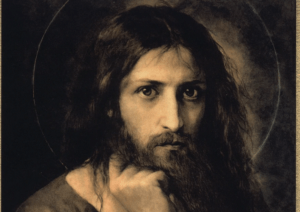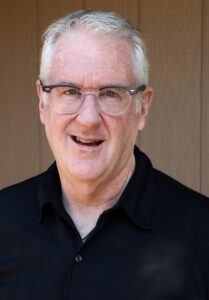
Jesus often said things we don’t think He should’ve said—a case in point: “I came not to bring peace, but a sword” (Matthew 10:34). Is this the same Jesus we call “the prince of peace”? The same one who promised His disciples: “Peace I leave with you; my peace I give you” (John 14:27a). What gives?
Well, in the “b” part of John 14:27, Jesus adds this: “I do not give to you as the world gives. Do not let your hearts be troubled and do not be afraid.” Jesus is giving us peace, but not the way we expect. The peace He’s giving may, in truth, disrupt us. Because we need more than circumstantial peace—we need the kind of peace that takes the fuel-rod out of our troubles, and contends with our fears.
The way we frame Jesus—what He said and what He did—is vitally important. Because the Jesus we reveal to the families in our congregation is likely the Jesus they will reflect at home, away from our worship services and programs and faith-formation activities. If we guide them to a Jesus who is fundamentally safe, then they won’t understand or accept or invite the Jesus who promised to be like a sword in our life. He intends to contend with the forces that keep us captive, and the peace we experience is freedom from that captivity. This is so important to Him that it’s included in His Messiah job description: “He has sent Me to proclaim release to the captives…”
Our “captivity,” whatever it is, requires forceful action to bring us release. This is the “sword” that brings the “peace” Jesus is offering us. In my just-released book Editing Jesus I’ve written an Epilogue that targets the impact of our alternate, sword-free or fang-free versions of Jesus. Here’s that Epilogue—something to ponder in the quiet moments of an early-summer morning…
The mission of Jesus begins in a world immersed in paganism, seasoned by Judaism. Paganism is polytheistic—adherents worship a diversity of gods, many embedded in nature, some demanding appeasement and, at its extreme, human sacrifice. It’s syncretic, meaning pagan practice is spiritually fluid and accommodating of many religious expressions—like a roulette wheel of spiritual beliefs. In the time of Jesus, Judaism is seen as an outlier religious community defined by an exclusive claim that Israel alone represents God’s chosen people. They are a mustard seed of monotheism planted in a vast garden of pagan and Hellenistic spirituality.
In the wake of the resurrection, the remaining disciples—eleven men and a contingent of women—get busy planting the church. They are mostly uneducated laborers, fishermen, or cultural pariahs from a backwater region in the vast Roman Empire.
The mission Jesus hands to these misfits is clearly broader than ancient Judaism’s protective, insular defaults. First, He tells them to “go and make disciples of all the nations” (Matthew 28:19). We know this line from the Great Commission so well that the magnitude of the word “all” escapes us. The mission Jesus is giving His followers reaches way beyond their cultural and religious borders, obliterating any assumptions they have about who this “good news” is for.
Later, he gives Peter (the leader of the early church) a vision of “un- clean” animals piled onto a sheet descending from heaven that he’s to “kill and eat” (Acts 10). When Peter protests, Jesus corrects: “Do not call something unclean if God has made it clean.” Then the Spirit of Jesus tells Peter that three Gentile (“unclean”) men have come to see him, and that he should welcome them into his home and serve their needs. Peter obeys (“God has shown me that I should no longer think of anyone as impure or unclean”), and soon the mission of Jesus spreads with viral momentum. Now everyone, everywhere can join the “chosen ones” as brothers and sisters. Monotheism washes over the polytheistic world like a tidal wave, carrying away its smorgasbord spirituality. Three centuries later the Christian church numbers three million.
And now, two millennia later, we are in a full-circle moment—the decline of the church in the West means the primacy of a discipling relationship with Jesus is giving way to widespread pagan, syncretic norms. We are looking for new ways to be moral, to live as “good people” apart from a relationship with God, moving from a monogamous union with God to an open marriage. We have told ourselves we still believe in Jesus while our functional belief system is more pagan than Christian. New York Times columnist Ross Douthat says: “America [is] a nation of Christian heretics, if you will, in which traditional churches have been supplanted by self-help gurus and spiritual-political entrepreneurs. These figures cobble together pieces of the old orthodoxies, take out the inconvenient bits and pitch them to mass audiences that want part of the old-time religion but nothing too unsettling or challenging or ascetic.”
To account for this tension between how we self-identify and what we actually practice in our faith, our only recourse is to edit the real Jesus to fit the requirements of what is essentially a Christian façade hiding a neo-pagan belief system. He is a square peg that needs to fit into our round hole, so we whittle away at Him. But Jesus will not be diminished.
He has come with a sword, not peace, because He intends to remake us. He will do this at our invitation, and because of His deeper-than-deep love for us. And when we submit to the edge of His sword, we discover our re-formed identity is the deepest, truest version of ourselves. We find the deeply satisfying, beautiful “abundant life” He intended for us all along. Eugene Peterson said it best: “Every omitted detail of Jesus, so carefully conveyed to us by the Gospel writers, reduces Jesus. We need the whole Jesus. The complete Jesus. Everything he said. Every detail of what he did.”
Just for You!
As you’ve just read, my new book Editing Jesus is now out. If you’d like an extended teaser of the book, just to check it out, the publisher has put together a pdf of the first three chapters that is exclusively available to the Vibrant Faith community. So, here you go… Just click on this link and you can download a pdf of this long excerpt from the book.

Rick Lawrence is Executive Director of Vibrant Faith—he created the new curriculum Following Jesus. He’s editor of the Jesus-Centered Bible and author of 40 books, including his new release Editing Jesus: Confronting the Distorted Faith of the American Church, The Suicide Solution, The Jesus-Centered Life and Jesus-Centered Daily. He hosts the podcast Paying Ridiculous Attention to Jesus.
[activecampaign form=5]
 A Deeper Way to Lead Others Into Faith Maturity… Guide your people into depth relationally and experientially… A new curriculum by Rick Lawrence for both youth & adult ministries. Learn More Here
A Deeper Way to Lead Others Into Faith Maturity… Guide your people into depth relationally and experientially… A new curriculum by Rick Lawrence for both youth & adult ministries. Learn More Here



